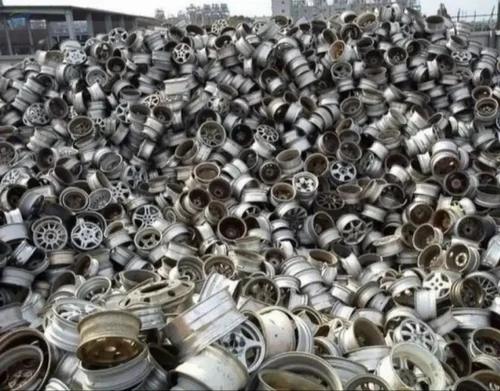Description
Aluminum Alloy Wheel Scrap is one of the most sought-after materials in the recycling and manufacturing industries. Its lightweight nature, corrosion resistance, and high strength make it an essential component for producing new automotive parts, construction materials, and industrial products. Understanding the significance of Aluminum Alloy Wheel Scrap can help businesses reduce costs, promote sustainability, and ensure high-quality outputs.
Why Aluminum Alloy Wheel Scrap is Important
Aluminum Wheel Scrap offers numerous advantages over other scrap metals. One of its most significant benefits is environmental sustainability. Recycling Aluminum Alloy Wheel Scrap reduces the need for raw aluminum mining, which in turn decreases energy consumption and greenhouse gas emissions. By choosing Aluminum Alloy Wheel Scrap, companies contribute to a cleaner environment and support a circular economy.
In addition, Aluminum Wheel Scrap is highly cost-effective. Recycling aluminum requires up to 95% less energy than producing new aluminum from raw bauxite. This energy efficiency translates to significant savings for manufacturers who rely on aluminum for automotive, construction, and industrial applications. The consistent quality of Aluminum Alloy Scrap ensures that recycled materials meet industry standards, making it a reliable option for businesses.
Applications of Aluminum Alloy Wheel Scrap
Aluminum Alloy Wheel Scrap is widely used across multiple industries:
-
Automotive Industry: Recycled aluminum alloy wheels can be remanufactured into new wheels or other car components.
-
Construction Industry: Aluminum scrap is used in building materials such as window frames, doors, and roofing components.
-
Industrial Manufacturing: It serves as raw material for machinery parts, electronic casings, and packaging materials.
Using Aluminum Alloy Scrap not only reduces waste but also maintains the material’s intrinsic properties like strength, durability, and corrosion resistance.







Reviews
There are no reviews yet.